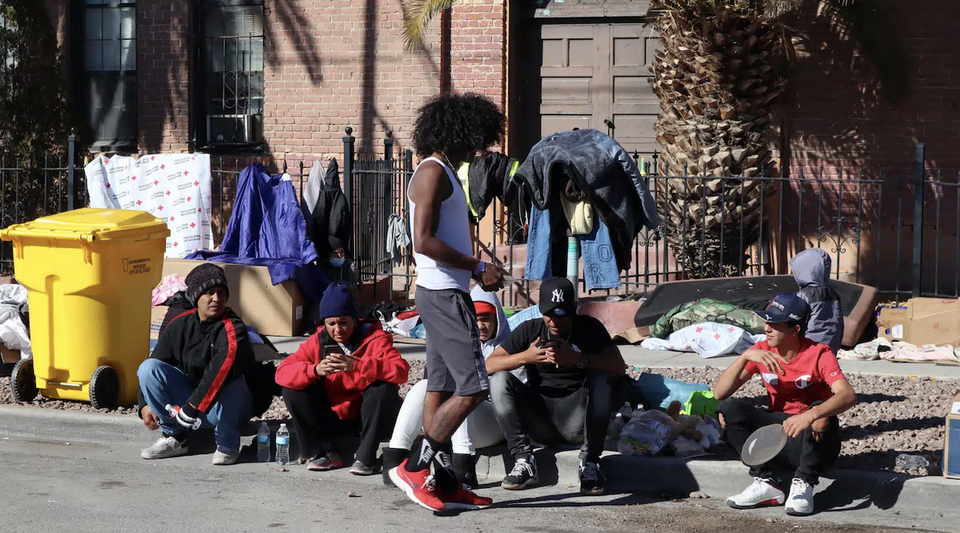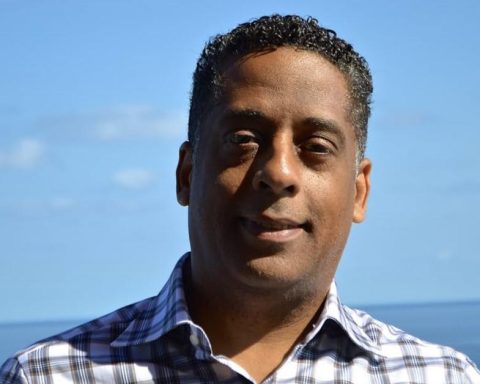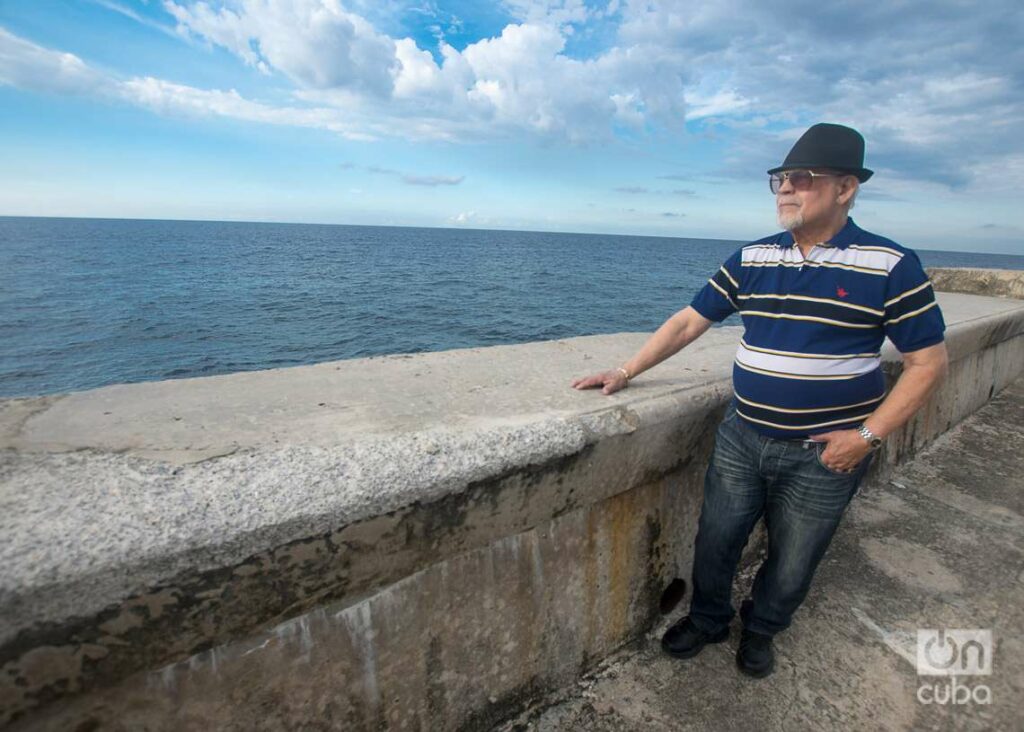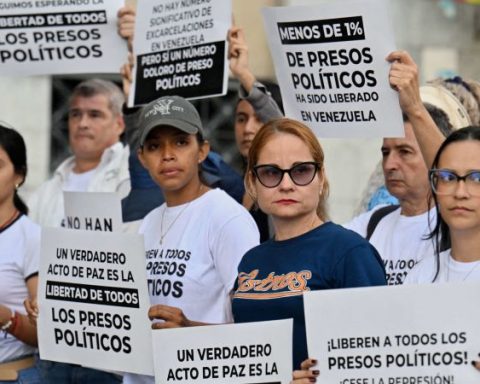The attorneys general of twenty US states filed a lawsuit on Tuesday against the plan of the government of President Joe Biden to grant 30,000 humanitarian visas a month to migrants from Cuba, Venezuela, Nicaragua and Haiti.
In their complaint, led by the Texas Attorney General, Ken Paxton, the plaintiffs argue that this plan will allow the arrival of hundreds of thousands of migrants to areas of the US that are already “overburdened”, and stress that with this initiative the Department Homeland Security (DHS) is abusing its authority to grant humanitarian paroles.
The lawsuit is signed by the prosecutors of states such as Florida, Alabama, Alaska, Arkansas, Idaho, Iowa, Kansas and Kentucky, among others, and is directed against the DHS and its head, Alejandro Mayorkas, as well as against the federal agencies in charge of ensure border security and regulate the migratory flow, and those responsible.
They allege that this plan harms several states, such as Texas, “which spends significant amounts of money to provide services to foreigners.”
In the legal text, they also allege that this plan harms several states, such as Texas, “which spends significant amounts of money to provide services to illegal aliens, due to violations by the federal government in refusing to apply federal law.” In this regard, they give the example of Florida, which, they warned, “will be irreparably harmed” by this program, because “significant state resources” are already spent to provide services to the undocumented migrants it welcomes.
permission, which entered into force on January 6mandatorily provides for the figure of a sponsor who bears all the applicant’s expenses during the first two years, including health insurance and education.
However, in the opinion of the claimant states, the federal government’s plan should be declared illegal because with it the defendants have exceeded their authority to grant this type of visa, and, furthermore, they have not taken into account whether there is the capacity to expel to the beneficiaries of the program once the two-year permit to be in the United States is exhausted.
In Cuba, the new parole has caused a new fever to get the necessary documents to request permission and by find a sponsor.
The year 2022 pulverized all the records of arrival of Cubans to the United States by the Mexican border. A total of 313,488 did so, 14% of which (44,069) only in December.
His return to the island marks the first operation to return illegal Cuban migrants from Mexican territory
On the other hand, the Governments of Mexico and the United States returned 159 irregular migrants to Cuba on Tuesday, as part of the migration agreements signed with those countries, reported the Island’s Ministry of the Interior.
A group of 94 migrants – made up of 35 women, 44 men and 15 minors – who had left Cuba irregularly transited through Central America and the Caribbean, and later embarked on a route to Mexico to reach the southern border of the United States, adds the notice.
His return to the island marks the first operation to return illegal Cuban migrants from Mexican territory.
Another group of 55 men and 10 women who left Cuba illegally by sea and were intercepted by the United States Coast Guard Service (SGC) at sea and delivered to the western port of Orozco, in the Artemisa province. Most of these migrants are Cubans residing in the provinces of Artemisa, Matanzas and Granma.
Two of the returned people are under investigation for having committed “alleged serious criminal acts that were being investigated before they became involved in these illegal departures,” said the note from the state body.
He also indicated that with these two recent operations, there are 16 that have returned 1,643 irregular migrants in 2023, from the US, Mexico, the Bahamas and the Cayman Islands.
________________________
Collaborate with our work:
The team of 14ymedio He is committed to doing serious journalism that reflects the reality of deep Cuba. Thank you for accompanying us on this long road. We invite you to continue supporting us, but this time becoming a member of our newspaper. Together we can continue transforming journalism in Cuba.

















